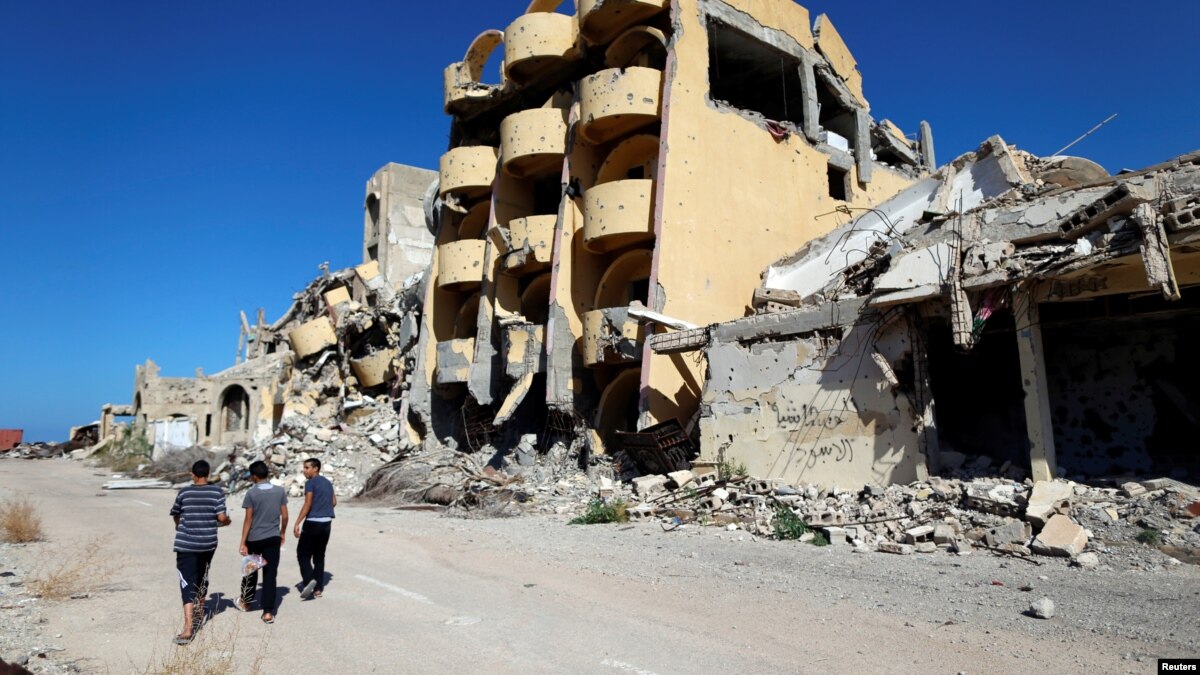
The United Nations, together with the internationally recognized Government of National Accord in Libya, are appealing for more than $200 million to provide lifesaving assistance to 550,000 vulnerable people, nearly half of them children.
The United Nations reports more than 823,000 people across Libya, including a quarter of a million children, are in need of humanitarian assistance. After seven years of instability, it says thousands of families are unable to afford food, water and basic household items.
Among the needy are internally displaced people, those affected by conflict, and host communities. Spokesman for the U.N. Office for the Coordination of Humanitarian Affairs (OCHA), Jens Laerke, says some of the most vulnerable are refugees and migrants who face grave human rights violations and abuse in this lawless country.
“The majority of people in need are in highly populated urban areas in the western and eastern regions of Libya. However, people with the most critical and severe needs are in the coastal area of Sirte and in the southern parts of the country where access is difficult, due to instability,” Laerke said.
There has been a power vacuum in Libya since 2011 when the country’s dictator, Moammar Gadhafi, was toppled. The country splintered into two rival political and military factions in 2014. U.N. aid agencies have access to more than half-a-million people in need of humanitarian assistance who are living under the control of the Internationally-recognized government in the capital Tripoli.
However, it is unable to reach hundreds of thousands of people living in dire straits in Sirte and southern coastal areas. This, because they are ruled by the opposing government, which has its seat in the eastern city of Tobruk.
OCHA spokesman, Laerke says priority needs include food, special nutrition for malnourished children, health and education. He says the provision of water and sanitation in overcrowded and unsanitary detention centers is critical. He says education support is planned for the thousands of children and adolescents whose education has been disrupted.
No comments:
Post a Comment